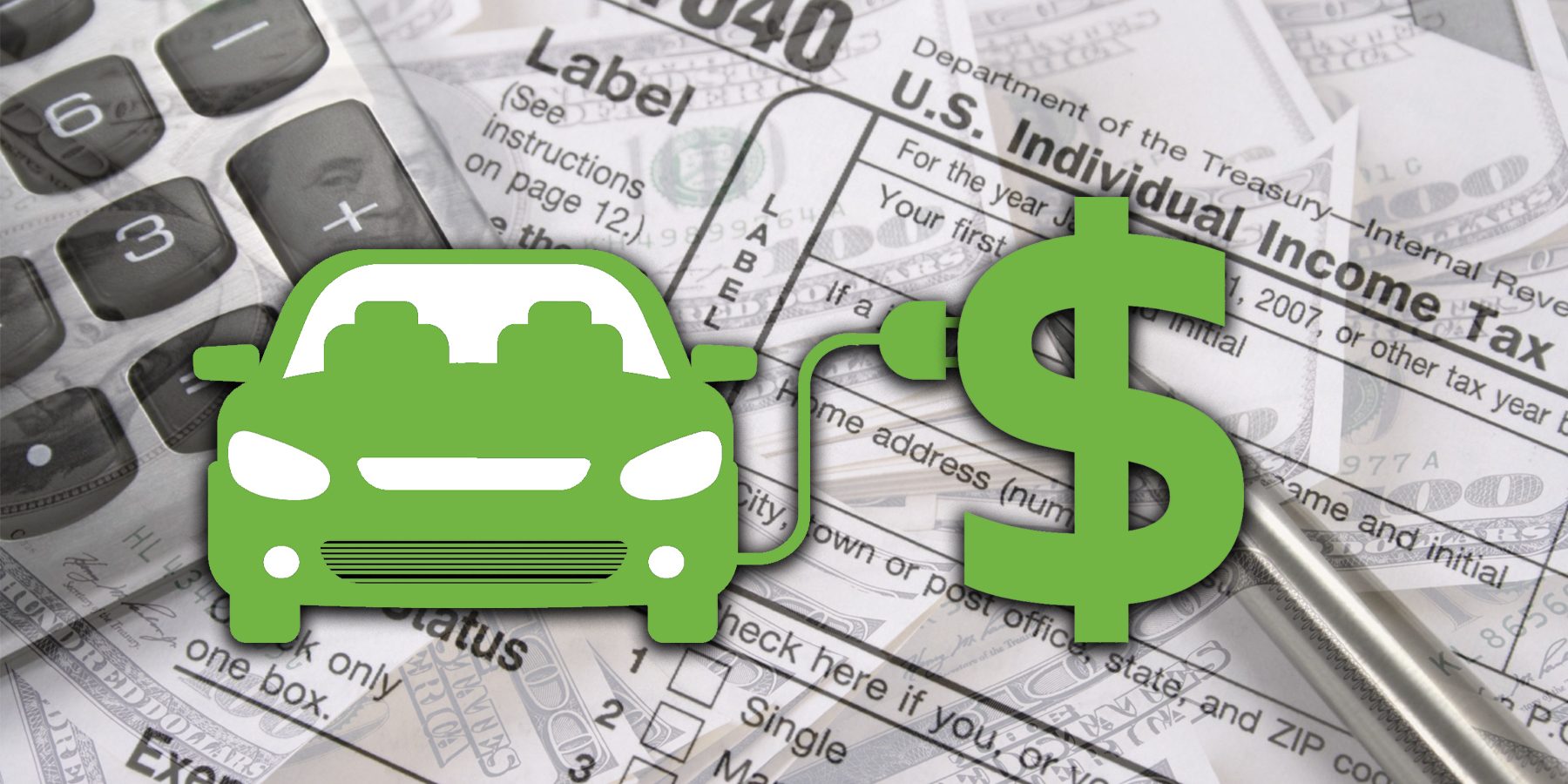After the crazy year the was 2020, some could argue it is an exciting time to be alive, at least for the electric vehicle industry. The accelerated adoption we’ve seen of electric vehicles in the recent months has EV enthusiast and environmental activist excited for the future. With the a new bill to reform the federal electric car tax credit reform proposed in US Congress, the adoption of electric vehicles may go into overdrive.
Since the Democrats took control of the White House and Senate, they have presented two bills to reform the federal EV tax credit. This second one being even more generous than the first.
During the Bush era, the US federal government introduced a tax program which would provide incentives for individuals who purchased electric vehicles. The program was later expanded when President Obama and his administration took office.
The government provides an incentive of $7,500 in tax credits to every buyer of new electric vehicles. However, a government cap of 200,000 EV deliveries in the US for each automaker was implemented when the bill was introduced. After an automaker reaches the cap, it triggers a phaseout period, meaning the automaker’s vehicles are no longer eligible for any federal tax credits upon purchase in the US.
Of course the first to see the cap was EV giant, Tesla. The automaker managed to to hit the threshold in 2018, and has since been ineligible for the tax credits in the US. The second wasn’t a shock either as GM also quickly reached the government cap and was disqualified from the tax credit as well.
Although many saw the program as a positive when it was initially introduced, and it undoubtley accelerated the adoption of electric vehicles, is seems a bit flawed. Considering the government is essentially reprimanding brands that are selling a lot of electric vehicles, seems a little counterproductive. With both Tesla and GM having hit the threshold, their EVs are less competitive in the US against other automakers that haven’t hit the government cap, as the tax credit cuts the price of competitor’s vehicles.
With the recent change in leadership in the US, we have been excepting EV adoption to accelerated even more. Several Democrats introduced the Growing Renewable Energy and Efficiency Now (GREEN) Act to reform the program last month. The GREEN Act is slated to grant automakers that have already met the government cap access to a new $7,000 tax credit on an additional 400,000 EV deliveries. After the new threshold is hit, a new phaseout period will be initiated.
Now, Democrats have introduced a second bill called the Electric Cars Act. A bill that was origianlly introduced during the Trump administration but was quickly shot down, has resurfaced as Senator Jeff Merkley (D-OR) and Congressman Peter Welch (D-VT) have reintroduced it as an alternative reform to the program.
The three most important changes introduced in the federal tax credit program by the Electric Cars Act are as follows:
-Eliminating the per manufacturer cap, allowing consumers access to the tax credit for the next 10 years, regardless of the manufacturer from which they purchase their car;
-Allowing buyers to use the tax credit over a five-year period, or apply the credit on the spot at the dealership to reduce the price of the vehicle, making the credit more applicable to those without large tax liability
-Providing a 10-year extension of tax credits for alternative fuel vehicles and charging infrastructure to incentivize the buildout of this important infrastructure around the country.
Check back as we will update this article as more information is released and the bill hopefully moves through the legislative process.

